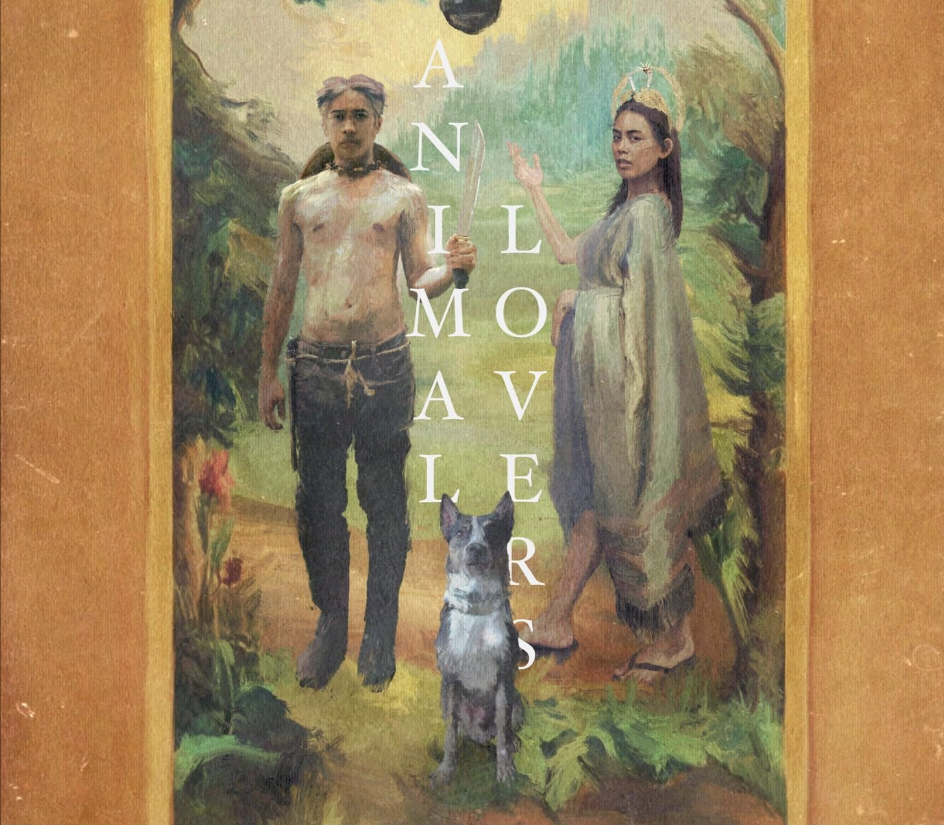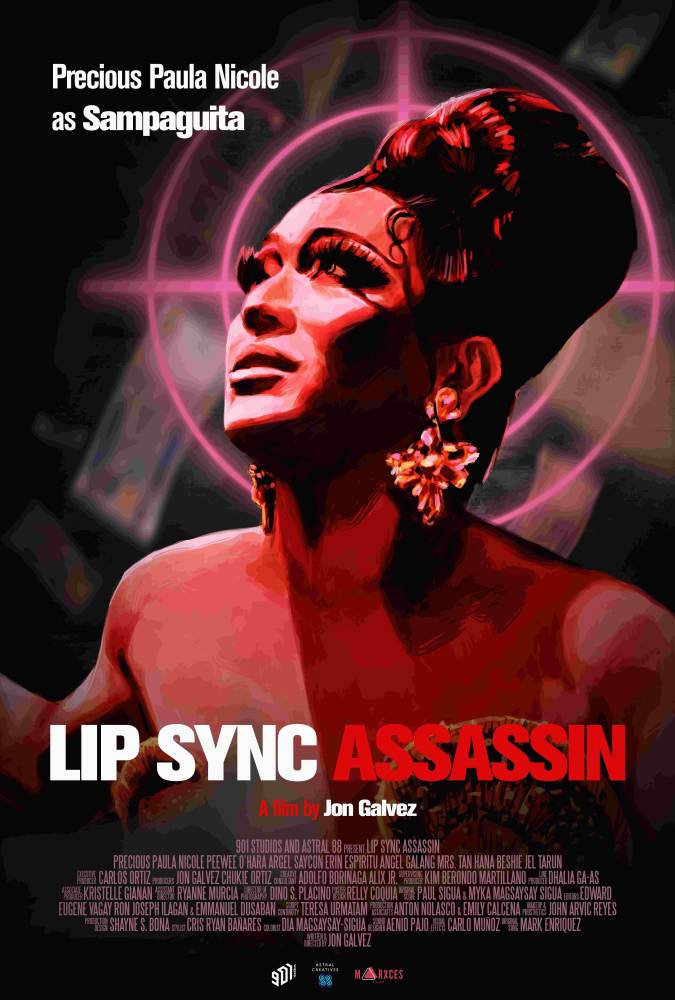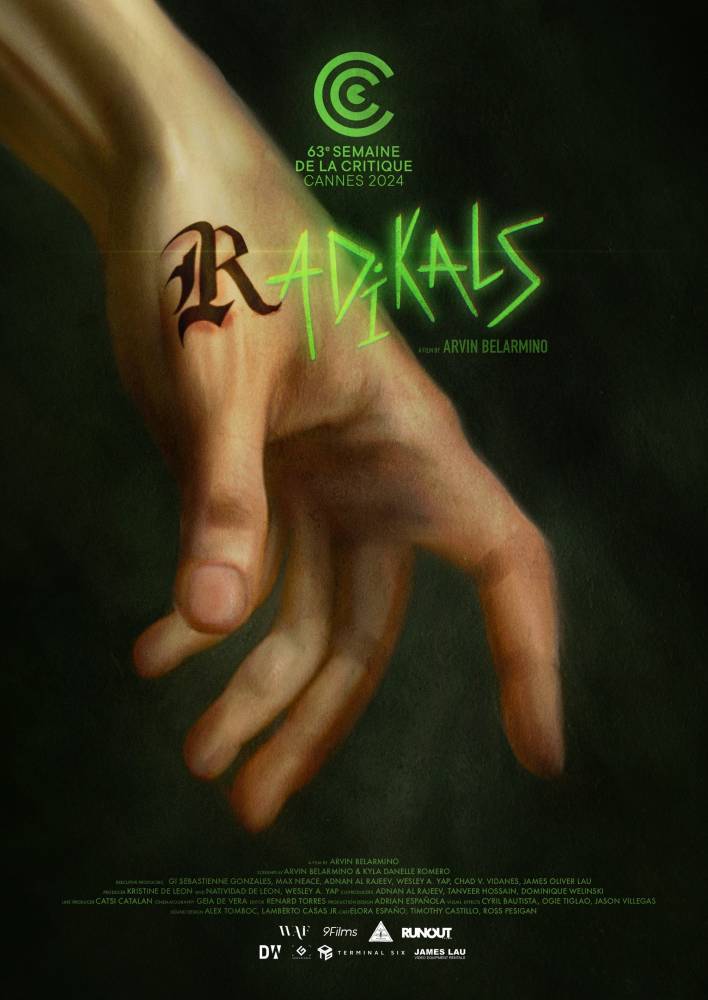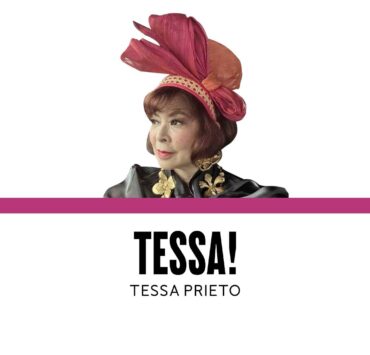Película > Pelikula 2025: A shared language of film

Now in its 24th year, the Spanish Film Festival Película>Pelikula returns to Manila from Oct. 10 to 16, presented by Instituto Cervantes in partnership with the Embassy of Spain and cultural institutions across the country.
Over 20 acclaimed films from Spain, Latin America, and the Philippines will be showcased, offering audiences a chance to immerse themselves in the diverse narratives of the Spanish-speaking world.
The selection ranges from moving dramas like “Soy Nevenka” by Icíar Bollaín and “Nosotros” by Helena Taberna to visually arresting documentaries such as “Un hombre libre” by Laura Hojman and “La guitarra flamenca de Yerai Cortés” by musician C. Tangana. Audiences can also look forward to animated features like “Mariposas negras” and “Robotia,” proving once again that Película is as much about creative diversity as it is about cultural connection.

This year, much of the excitement centered on Oct. 11, when Ayala Triangle Gardens in Makati turned into an open-air cinema for a full-day Cine Maratón—a rare opportunity for anyone to experience Spanish and Latin American films outdoors, free of charge. Screenings will run from morning to late evening, featuring titles such as “Dalia y el libro rojo,” “Tasio,” “Solos en la noche,” and “Reinas.”
It’s a welcome move—making international cinema accessible beyond the traditional theater, and reintroducing film as part of public life rather than a niche art form.
Cinema as a common language
At the press preview held at the Centro de Turismo, the spirit of the festival was palpable—a reunion of diplomats, artists, and filmmakers eager to celebrate two decades of cinematic exchange. The event reaffirmed what Película has always stood for: not merely a film festival, but a shared cultural experience between Spain, Latin America, and the Philippines.
As the lights dim and the screen comes to life once more, Película>Pelikula 2025 invites us to rediscover how stories—from Madrid to Manila—connect us across continents, cultures, and time.
All screenings are free of charge, with films presented in their original language and English subtitles, allowing everyone—from students to cinephiles—to participate in this week-long celebration of heritage and artistry.

Spotlight on Filipino shorts
What makes this year particularly noteworthy is the inclusion of three Filipino short films in the En corto program on Oct. 16, alongside works from Latin America and Spain. Each one comes from a director already recognized for his craft, proving how far Filipino short filmmaking has come.
1) “Lip Sync Assassin” by Jon Galvez
The film stars “Drag Race Philippines” winner Precious Paula Nicole and has earned awards for Best Director (Jon Galvez) and Best Lead Performance (Precious Paula Nicole) at the CinePride Film Festival. Galvez’s work often examines identity and performance through a contemporary queer lens—bold, technically polished, and unapologetically local in attitude.
2) “Animal Lovers” by Aedrian Araojo
A surreal and darkly comic narrative from Mindanao, “Animal Lovers” explores love, superstition, and alienation with quiet tension. Araojo has previously won Best Short Film at QCinema for Hondo (2016) and Best Director at the Bangsamoro Film Festival for Displaced (2020), making him one of the strongest emerging voices from the region. His presence at Película underscores the importance of regional stories in defining what Filipino cinema looks like today.
3) “Radikals” by Arvin Belarmino
Belarmino’s name will be familiar to festival followers. A Cannes La Semaine de la Critique selection, “Radikals” further cements his international standing after residencies and fellowships at Talents Tokyo, Locarno Filmmakers Academy, and the Cinéfondation Résidence in Cannes. His trajectory reflects the growing global recognition of Filipino independent filmmakers who continue to push boundaries both thematically and visually.
More than a festival, Película>Pelikula functions as cultural infrastructure—supporting film literacy, cross-cultural dialogue, and exposure for local talent. Instituto Cervantes’ continued collaboration with Filipino institutions and embassies keeps the conversation active between our film community and the Spanish-speaking world.
That, ultimately, is why supporting festivals like Película matters. Beyond celebrating Spanish and Latin American cinema, it sustains a broader dialogue—about how stories travel, how languages intertwine, and how Filipino filmmakers can take their place in a global conversation that’s already listening.

















